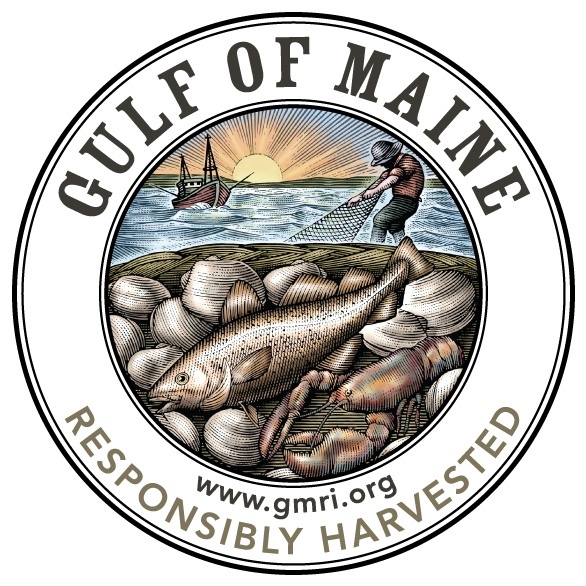PORTLAND – The Gulf of Maine Research Institute has a message for consumers: It’s OK to eat New England seafood.
This week, the nonprofit marine research group announced that it has partnered with the fishing industry and retailers to promote sales of four species that are sustainably harvested from the Gulf of Maine.
In March, the effort will become visible to shoppers at Hannaford Supermarkets, where cod, haddock, lobster and northern shrimp will be labeled with seals reading “Gulf of Maine Responsibly Harvested.”
Jen Levin, manager of the institute’s sustainable seafood program, said the seals will identify products caught in the Gulf of Maine, which stretches from Cape Cod to the southern tip of Nova Scotia.
She said the program’s larger goals are to distinguish Gulf of Maine seafood from competing products, support the industry and teach consumers that some fish stocks in the gulf are plentiful.
“A lot of stories have been told over the years about cod populations crashing, and consumers are not certain if it’s OK to eat seafood,” she said. “The idea is to use this (program) as an opportunity to unify the industry around a shared identity.”
Hannaford is the only retailer that’s participating in the program, but Levin expects others, including some out of state, to join the effort.
Partners from the fishing industry include seafood processors and distributors like Bristol Seafood, North Atlantic Inc., Slade Gorton, Cozy Harbor Seafood Inc. and New Meadows Lobster.
Chris Fream, vice president of sales and merchandising for North Atlantic in Portland, said his company worked on an industry advisory board that helped the institute develop the program.
He said the public largely doesn’t know that a number of commercial fish species in the Gulf of Maine, such as haddock, are healthy and abundant.
“There is a popular misconception that the resource right outside our door is over-exploited,” he said. “There are species in the Gulf of Maine that are being well managed.”
Fream said the new brand will help seafood processors and fishermen compete against foreign competitors and help distinguish Gulf of Maine fish from low-cost foreign products.
He said some of the cheapest fish on the market is caught off Russia, packed in China and delivered to Canada before entering the United States.
Twenty years ago, concerns about the collapse of fish stocks were well founded, Levin said, but since then “there have been incredible measures to make sure that doesn’t happen again.”
“To get that story out is very important,” she said.
Staff Writer Jonathan Hemmerdinger can be reached at 791-6316 or at:
jhemmerdinger@pressherald.com
Send questions/comments to the editors.


